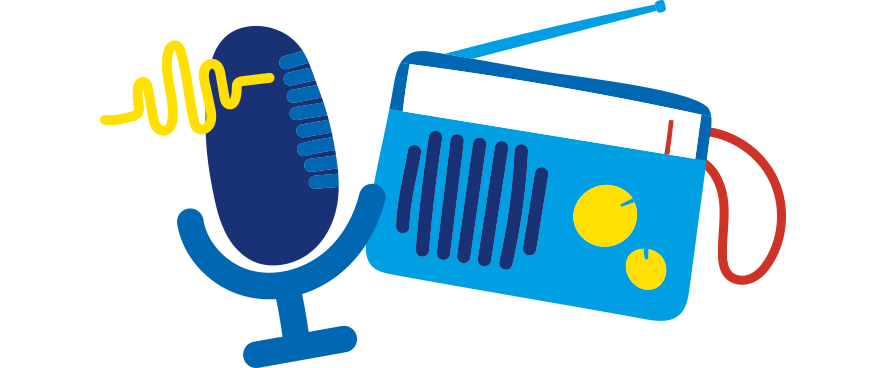
Why is it important to apply a gender approach in international cooperation?
How do projects like MYPOL, Bridging the Gap or EUROsociAL+ do this?
As part of its work to improve public systems, FIIAPP forges alliances with other institutions. This week we will learn about the work of the General Secretariat of Prisons and the cooperation projects, managed by FIIAPP and funded by the European Union, with which it collaborates. Among these are the twinning project entitled Improved management of terrorists and dangerous criminals in Turkish prisons, and the EU-ACT project to take action against drugs and organised crime.
This week we’ll learn what a forerunner is from one of the specialists at the centre of intelligence against terrorism and organised crime (CITCO). We will discover how they work at the CITCO to prevent the diversion of such substances for criminal use.
This week we celebrated World Radio Day and FIIAPP wanted to honour this audio medium by telling the story of the battle against a scourge that affects millions of people around the world: human trafficking.
Borja Díaz and Ana Linda Solano, who are specialists with EUROsociAL+, bring us up to date on the situation and inspire us to reflect on the importance of combating corruption in public institutions and shutting down sexual exploitation networks.
This week we will meet the Education in Algeria Twinning Project that, thanks to European Union funding and FIIAPP’s management, has twinned the Ministries of Education in Algeria and Spain, specifically through the Castile and Leon regional Ministry of Education.
In 2018 alone, the FIIAPP mobilised more than 700 institutions among all its projects. In this programme we talk about one of them: The Spanish National Institute of Toxicology and Forensic Sciences, under the Spanish Ministry of Justice. The director of the department of Madrid, Carolina Sánchez, tells us about it.